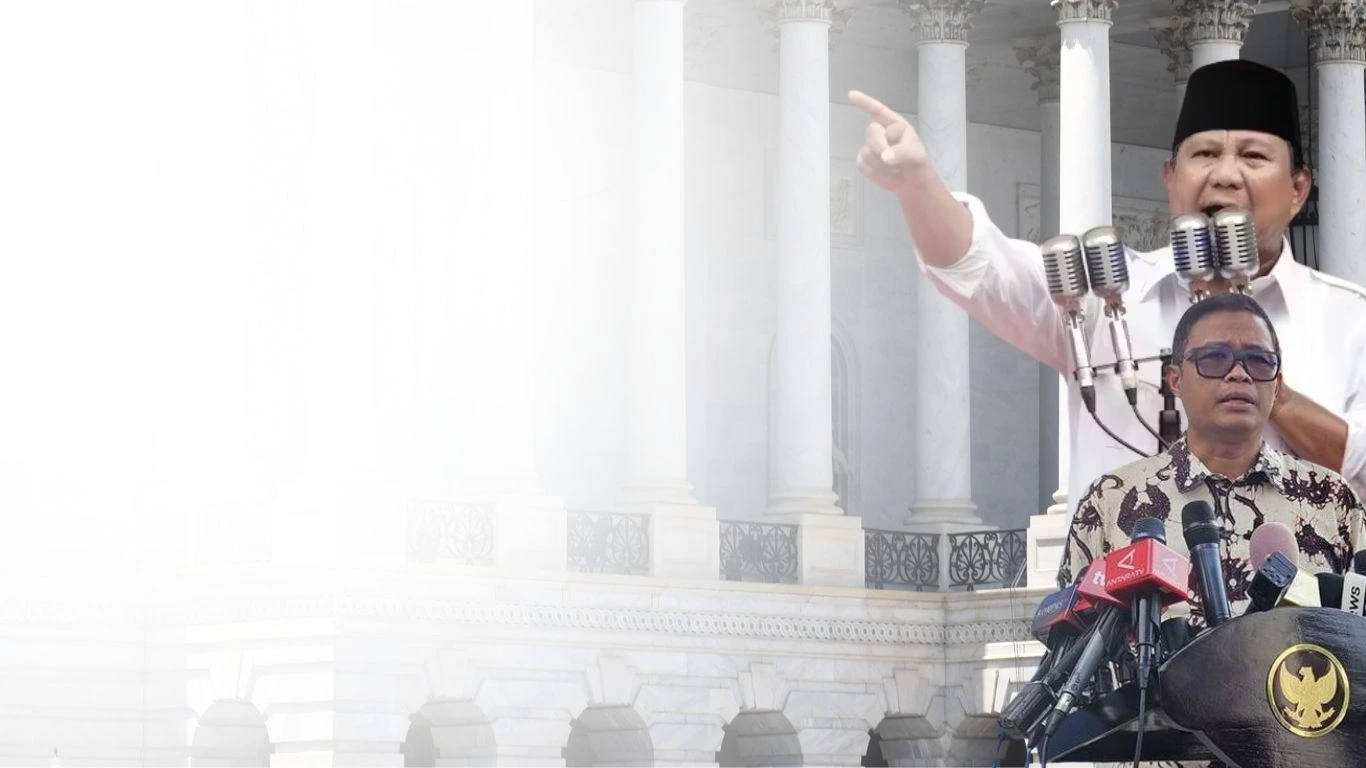Directorate General of Taxes Gets a New Leader?
Recent media reports confirm a leadership transition at the Directorate General of Taxes (DGT). While the incoming Director General may be stepping into a new role, he is no stranger to the country’s fiscal landscape. The individual set to replace Suryo Utomo is Bimo Wijayanto.
Cited widely in national media, Bimo is recognized as a seasoned professional in taxation and public finance. Prior to his appointment, he served as Deputy Secretary for Economic Cooperation and Investment at the Coordinating Ministry for Economic Affairs, and previously as Assistant Deputy for Strategic Investment under the Coordinating Ministry for Maritime and Investment Affairs.
Born in Bajawa, Flores, East Nusa Tenggara, on July 5, 1977, Bimo earned his economics degree from Gadjah Mada University, followed by a Master’s degree from the University of Queensland, and a PhD from the University of Canberra in 2014. During his PhD program, he was awarded the Hadi Soesastro Australia Award—a prestigious scholarship granted to doctoral candidates nearing completion of their research in development, international relations, or economics.
His professional journey began as an auditor at PricewaterhouseCoopers, where he worked for two years before joining the DGT at the Ministry of Finance. Throughout his career at the DGT, he has held several strategic roles, deepening his expertise in both domestic and international tax policy.
Among Bimo’s notable academic contributions is his research titled “Revenue and Distributional Impact Analysis of Indonesian Personal Income Tax Reform in 2008.” In this study, he examined how changes to personal income tax regulations affected both state revenue and income distribution. Interestingly, Bimo found that while taxpayer compliance improved post-reform, the potential tax revenue from individuals actually declined.
Armed with a strong academic background and years of hands-on experience, Bimo is expected to bring forward-looking reform to Indonesia’s tax system. His priorities include enhancing voluntary compliance through a more human-centered and data-driven approach. He believes that by understanding taxpayer behavior and providing accessible, transparent services, compliance can be improved without relying heavily on enforcement.
On the reform front, Bimo has consistently stressed the importance of integrating information and technology, especially systems like Coretax, to build a more transparent and efficient tax administration. He also emphasizes the need to strengthen human resource capacity within the DGT to better address the demands of an increasingly digital economy.
His appointment comes amid plans to merge the DGT with the Directorate General of Customs and Excise under a unified State Revenue Agency. Observers highlight his cross-ministerial experience and leadership as key assets to navigating this institutional transformation.
Expectations from the public are high. Bimo is anticipated to continue promoting transparent and accountable tax reform, improving taxpayer compliance, and optimizing state revenue, all while supporting economic growth. With the help of robust technology and data systems, the hope is for the DGT to evolve into a modern, responsive, and adaptive institution.
Looking ahead, Bimo will face challenges such as adjusting to global shifts, including the digitalization of the economy and changes in international trade norms. He will also need to strike a balance between boosting government revenue and maintaining a business-friendly environment. His leadership is expected to bring innovative and inclusive policies to address these needs.
With a distinguished academic track record, broad professional experience, and a progressive outlook, Bimo Wijayanto is widely regarded as the right leader to usher the DGT into a new era defined by fairness, efficiency, and sustainability.


